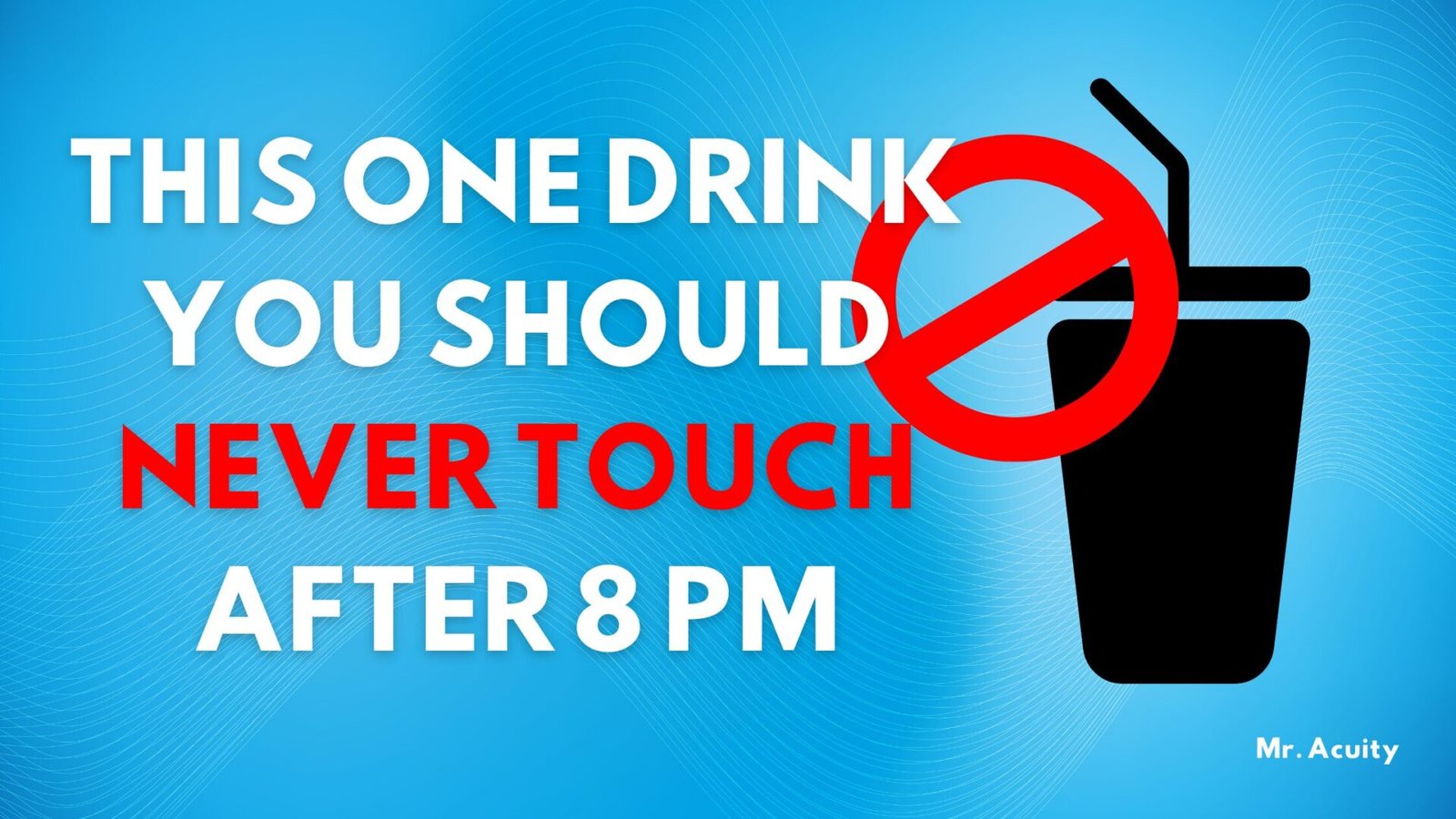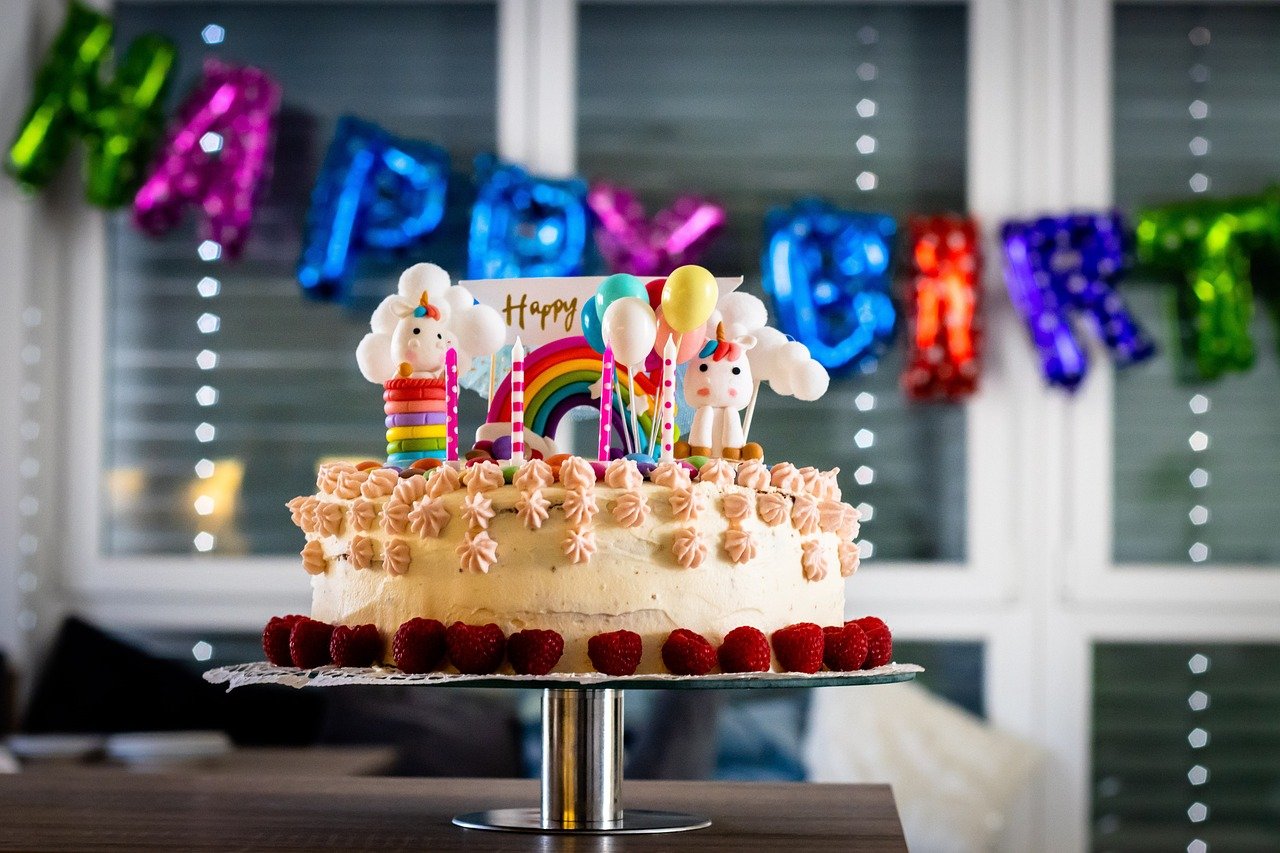
This One Drink You Should Never Touch After 8 PM
Table of Contents
This One Drink You Should Never Touch After 8 PM
When it comes to maintaining a healthy lifestyle, much attention is typically given to diet choices, exercise routines, and stress management techniques. Yet, there is one often-overlooked factor that silently sabotages your well-being: the timing of your beverage consumption. Specifically, the one drink you should never touch after 8 PM—coffee.
Meet Emma
Emma is a 32-year-old graphic designer, passionate about her work and a self-described night owl. Her evenings are often fueled by that beloved cup of coffee she sips while finishing off client projects or scrolling through social media. Initially, it seemed harmless—a routine that kept her alert and productive.
But over months, Emma noticed a creeping fatigue that no amount of caffeine could shake off. She struggled to fall asleep, woke up groggy, and found herself caught in a vicious cycle of late-night coffee consumption and daytime drowsiness.
Why 8 PM is the Cutoff Time
To understand why consuming coffee after 8 PM can wreak havoc, let’s delve into how caffeine interacts with our body’s biology.
Caffeine is a stimulant that blocks adenosine, a brain chemical that promotes sleepiness. When you drink coffee late at night, you delay the natural buildup of adenosine, disrupting your circadian rhythm—the internal clock that regulates sleep-wake cycles. Research shows caffeine’s half-life—the time it takes for your body to eliminate half the caffeine—ranges from 3 to 7 hours, depending on individual factors.
In Emma’s case, her 8 PM coffee was still actively stimulating her system well past midnight. This delayed her sleep onset, reduced deep sleep phases, and influenced the overall restorative quality of her rest.
The Ripple Effect on Health and Productivity
Beyond sleep, late-night coffee affects multiple aspects of health:
- Mental Health: Poor sleep quality fuels anxiety and mood disorders.
- Metabolism: Interrupted rest can impair glucose regulation, increasing risk for metabolic diseases.
- Cognitive Function: Sleep deprivation hinders memory consolidation and executive function, which are critical for creative professions like Emma’s.
Emma’s productivity paradox is a common scenario—caffeine helps temporarily but creates underlying deficits that make focus and creativity harder to maintain over time.
Alternatives for the Evening
If you’re like Emma and rely on a warm, comforting drink during the evening hours, consider these alternatives:
- Herbal Tea: Chamomile or valerian root teas naturally promote relaxation.
- Golden Milk: A turmeric-based drink offering anti-inflammatory benefits.
- Warm Lemon Water: Hydrating without stimulation.
These choices support winding down without compromising sleep quality.
Evening Habits and Sleep Hygiene
Emma’s story underscores the critical role of sleep hygiene—practices that create an environment conducive to restful sleep. Limiting caffeine is one piece of the puzzle. Dimming lights, avoiding screens before bed, and establishing a consistent sleep schedule all contribute to healthier nights.
Final Thoughts
In the journey toward optimal health, it’s often the small, habitual choices—like what and when you drink—that wield outsized influence. For Emma, giving up late-night coffee marked a turning point, leading to deeper sleep, improved mood, and renewed creative energy.
So next time you reach for that cup of coffee after 8 PM, think twice. Your future self—and their well-rested mind—will thank you.
Have you experienced the effects of late-night caffeine? Share your stories and tips below!








